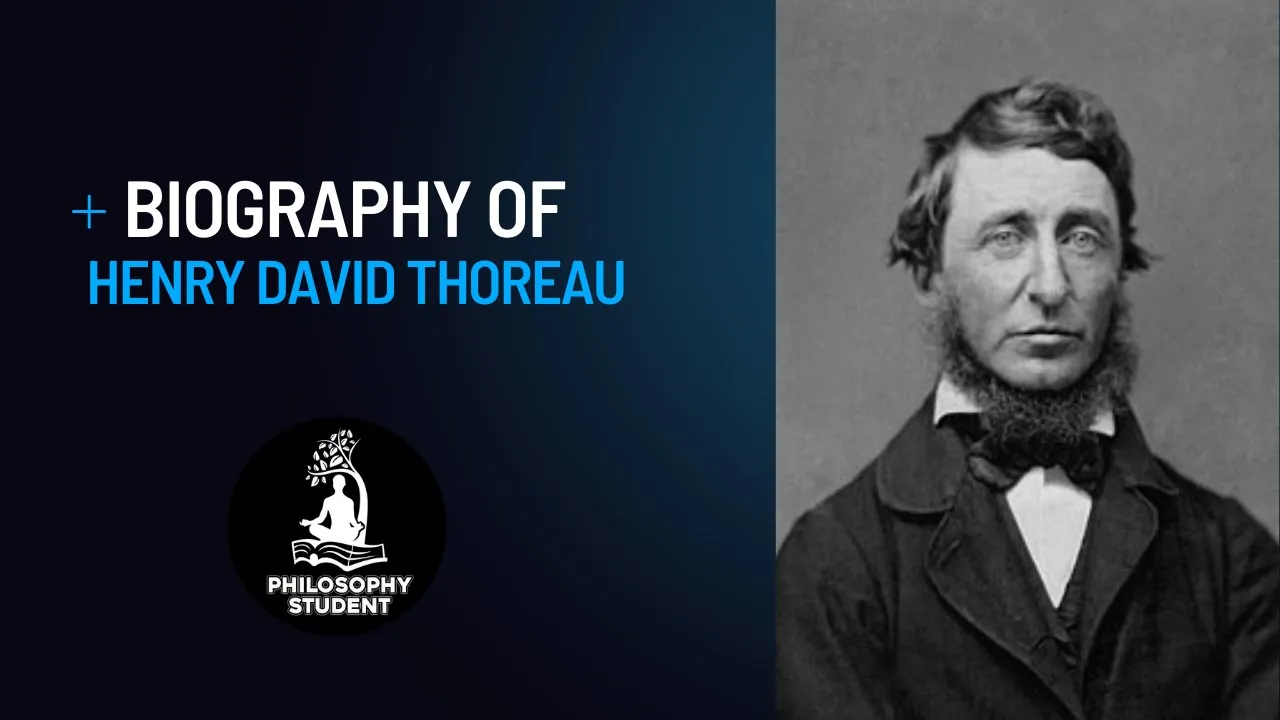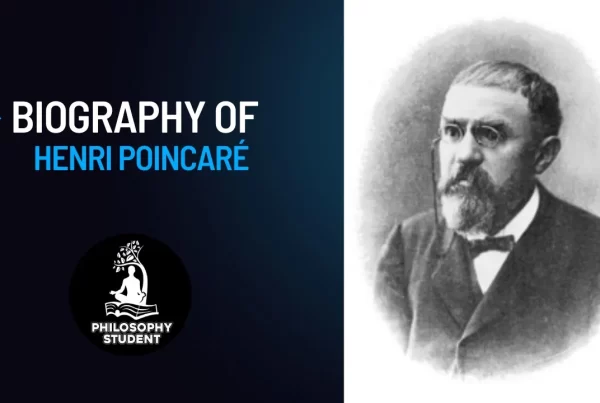Henry David Thoreau was born on July 12, 1817, in Concord, Massachusetts, the son of a pencil factory owner. He was educated at Concord Academy, at which he learned surveying before enrolling at Harvard College, where he studied classics and Eastern languages. He graduated with B.A. in 1837.
Thoreau returned to Concord after college and began a remarkable Journal, which ran to fourteen posthumously published (1906) volumes. He never married and worked briefly as a schoolteacher, a surveyor, and a handyman as well as an occasional public lecturer. He was befriended by Ralph Waldo Emerson, who took him in to live with his family during 1841- 1843 and 1847-1848. He was a featured contributor of essays to the Dial, a Transcendentalist periodical, and from July 1845 until September 1847 he embarked on what he called an experiment in living deliberately—in paring down life to its essentials and doing so in the quiet surrounds of nature. He built a hut on land owned by Emerson beside Walden Pond. He studied nature with the keen eye of a naturalist, and, at Walden, he wrote his first book, A Week on the Concord and Merrimack Rivers (1849), based on an excursion he and his brother John had made ten years earlier. He also took voluminous notes at Walden for what became his magnum opus, a philosophical memoir titled Walden, or Life in the Woods, which was published in 1854.
Thoreau’s writing was little read during his brief life, but he is remembered today as one of the creators of the so-called American Renaissance in literature—a group that includes Emerson, Nathaniel Hawthorne, Herman Melville, Walt Whitman, and Emily Dickinson. He transformed Transcendentalist philosophy into literature and is one of the world’s great memoirists and nature writers. Trips to Cape Cod and Maine provided the material for The Maine Woods (1864) and Cape Cod (1865), two more Transcendentalist contemplations of nature.
As a social philosopher, he was the champion of civil disobedience, which he applied to peacefully defiant protest against the United States-Mexican War (1846-1848), which Thoreau and most of his circle saw as unjust to Mexico and as a craven attempt to acquire more territory to create more states for the expansion of slavery. His 1849 essay, originally titled “Resistance to Civil Government” but better known as “Civil Disobedience,” defined this form of protest and inspired, in coming generations, the likes of Mohandas Gandhi, Martin Buber, Martin Luther King Jr., and others.
Thoreau contracted tuberculosis in 1835 and experienced periods of remission alternating with spans of illness. By 1861, he understood that his condition was terminal but kept writing. His friends marveled at the tranquility with which he accepted his approaching end, which came at the age of forty-four on May 6, 1862. Before he passed, he uttered, “Now comes good sailing,” adding two cryptic words, “moose” and “Indian,” the significance of which has been the subject of considerable scholarly speculation.




































